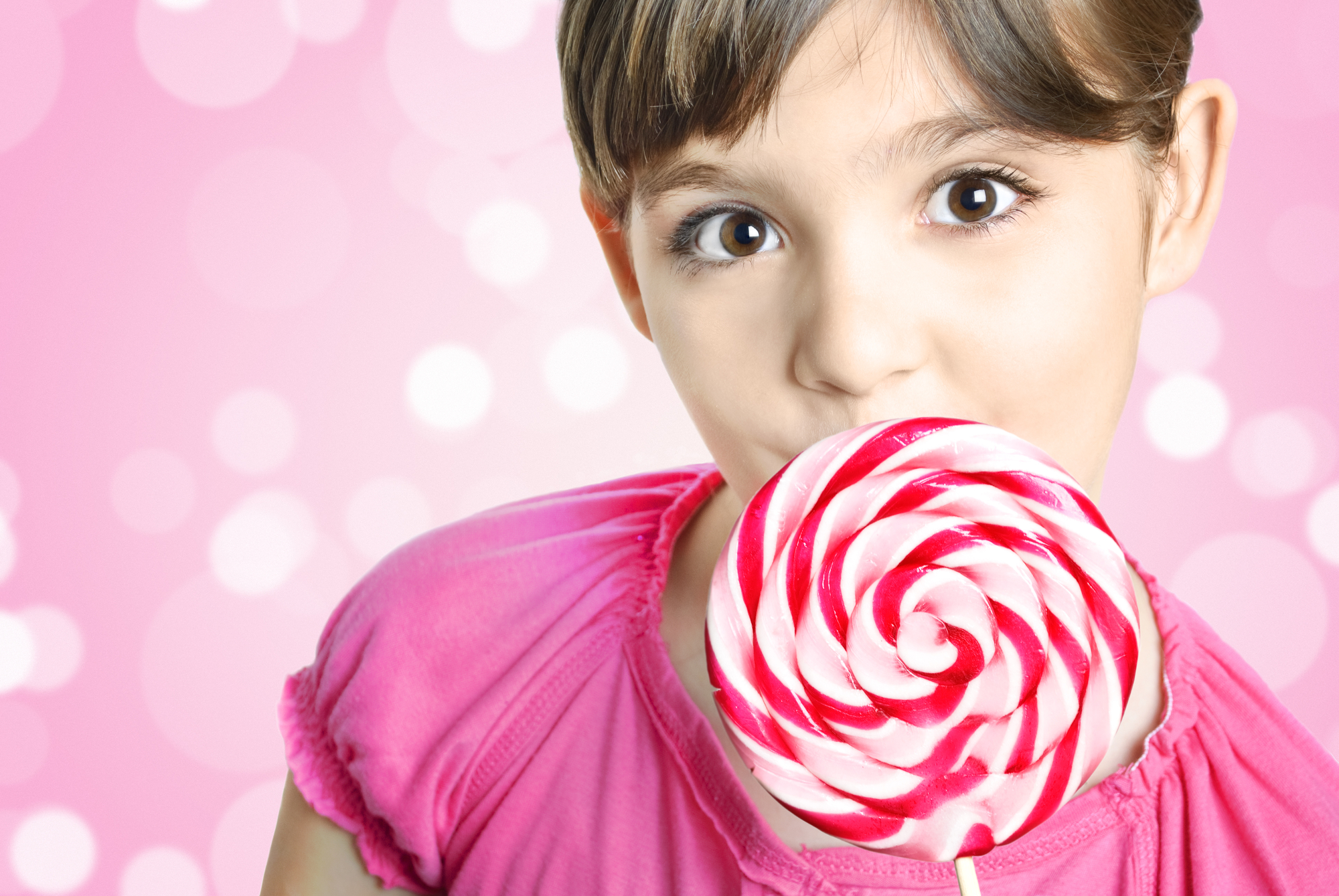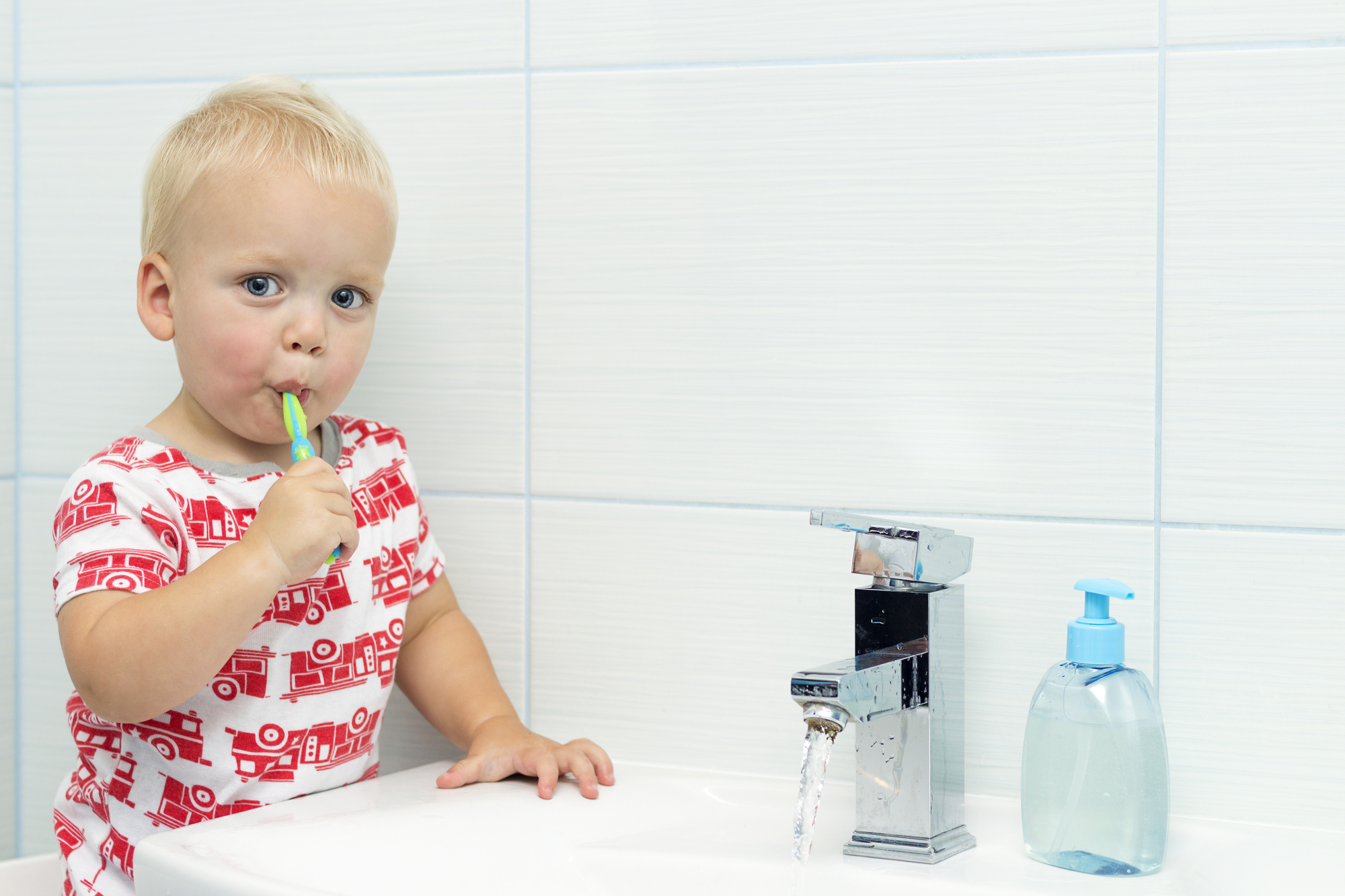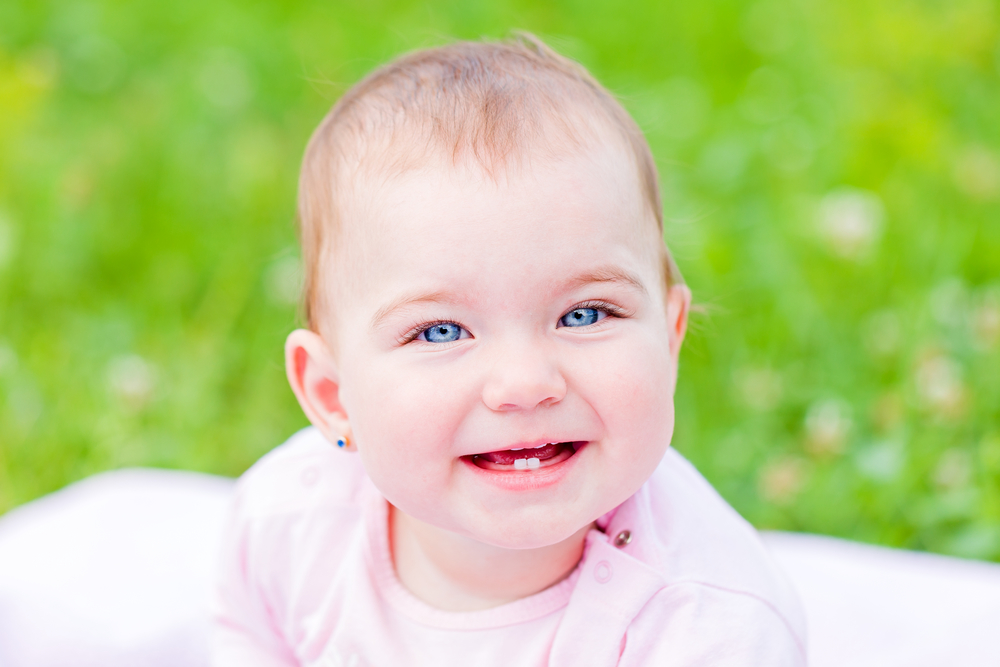Article to be attributed to Tabitha Acret, Dental Hygienist at AIRFLOW© Dental Spa
Trick or treat? We’ve just endured Halloween, and while it’s a holiday many kids in Australia are learning to love, dental professionals are often filled with fear. A nightmare for enamel! It’s a difficult one because the occasional sweet treats are welcome, a normal part of a healthy balanced life, but it’s important to not let them become an everyday snack, nor should they be consumed on mass.
Here are a couple of tricks to help reduce the risk of dental disasters following Halloween, and tips to getting your kids to care for their teeth moving forward:
Time it.
Try not to let your kids graze on lollies over a long period of time, by doing this the mouth is under a constant attack from sugar and unable to recreate a balanced ph. Encourage a lolly or chocolate after a meal, once our teeth have already been exposed to sugars and acids from eating, to minimise the risk of decay.
Choose treats wisely.
Hard lollies that need to be sucked on for longer periods are more harmful to teeth, and therefore increase the risk of decay. Sticky lollies like toffee, for example, become stuck on and between our teeth and take a long time to be washed away by saliva.
Drink water.
Always encourage your children to drink water after eating lollies to help remove excess sugar from the teeth and flush away any remaining bacteria in the mouth.
Brush your teeth.
This should already be a part of your child’s morning and night-time routine, however when sugar is more regularly consumed, brushing becomes even more important. Use fluoride toothpaste too, to strengthen the enamel.
If you’ve been blessed with a little human who simply hates brushing his teeth, I have some ideas to help here too that you can implement, spooky season or not.
Lead by example.
Children, especially young children, love to mimic other people so by brushing together and having them witness you doing so too, they will understand it is part of a daily routine.
Start as soon as teeth erupt.
As soon as your child’s teeth erupt they should be brushed by you. This is for one of three reasons; to remove bacteria that cause dental disease, to create good long-lasting habits, and to desensitise your baby to the toothbrush and brushing motion. Even babies who are exclusively breastfed should start this practice as soon as their teeth erupt.
Under the age of two, no toothpaste should be used. Only once your child can spit and rinse, can an appropriate toothpaste with low dose fluoride be introduced. If you discover your child dislikes the taste of toothpaste there are different flavours available and sometimes you may need to try a couple until a more palatable option is found.
Let them have independence.
While parents are advised to help their children with daily brushing until the age of at least 8 (due to manual dexterity), children often want to show their independence by brushing on their own. It’s a good idea to let them start and take control, however, most of the time it is recommended that an adult brush over a second time to ensure all bacteria are removed.
Stain the bacteria.
A good way to have children understand where they need to brush and why is to use plaque disclosing tablets. These can be purchased from the chemist or your local dental professional. The way to use them is to brush like normal before chewing the tablet and rinsing your mouth. Once you have rinsed, the tablet leaves behind a stain where areas of plaque remain. It is a great way to either explain why you still need to help them brush, or guide them to improve their technique. Simply brush once more to remove all the colour and remaining plaque in the mouth.
This is an excellent at-home tool and can also be used when some more dental health motivation is needed (even with the bigger kids). I often encourage the whole family to do it and make it more of a fun experience.
Explain why it is we brush our teeth.
The answer being – to keep our teeth and gums healthy so we can eat and speak comfortably. Avoid using any negative talk about the dentist here so we don’t create unnecessary anxiety or fear. There are many resources available including apps, books, YouTube videos, and websites that you can read or watch with your child to educate them further.
Visit your dental professional for preventative care.
Along with providing great preventative care for your child, your dental professional will also help to motivate and reinforce the good habits you are trying to teach at home. As annoying as it may be, sometimes a third party explanation of why teeth brushing is important can make a big difference.
Try to book routine appointments at 6-month intervals for professional consults. Technology such as the AIRFLOW © Dental Spa can provide a gentle clean and leave those teeth feeling stronger, brighter, and whiter. It avoids any and all intrusive practices making it the perfect pain-free option for your little ones.
Tabitha Acret is a dedicated and passionate award-winning Dental Hygienist. She studied a Bachelor of Oral Health at Newcastle University after working as a Dental Nurse and Practice Manager for 10 years and graduated in 2008. Since qualifying, Tabitha has become one of the most sought-after Hygienists and Educators in Australia and internationally with a fast-growing and loyal customer base of patients, dental professionals, and media.
Tabitha was previously the National Vice-President for the Dental Hygienists Association of Australia and has volunteered in many roles since graduation from the Association. She also has a passion for educating with students, working as a Clinical Educator at Sydney University, and currently works as a Clinical Educator for implant maintenance and non-surgical periodontal therapy. She lectures and writes regularly for both industry and consumer press on motivating patients, implant maintenance and disease prevention, and periodontal therapy. Winner of the 2018 Leadership Award in Dental Hygiene and the 2019 Award for Clinical Excellence, Tabitha had dedicated her professional life to continued learning and sharing her passion with the dental community.
Outside of her busy work life of lecturing and working clinically in private practice, Tabitha enjoys volunteering both locally and internationally to raise awareness to change the way oral health care is delivered to patients.
The recently launched EMS AIRFLOW® Dental spa means that you can now experience lighter and brighter clean teeth without the pain! No more mess, no more nails scraping like noise on the blackboard, and no more cold water. AIRFLOW® is a revolutionary, non-contact form of dental cleaning and prevention. It projects a controlled stream of air, warm water, and powder onto the tooth and in hard-to-reach areas to dislodge and remove food, bacteria, discolouration, and stains. Goodbye coffee and red wine stains! The high-pressure water/air stream cleans your teeth much faster, efficiently, and comfortably than the use of traditional cleaning methods. AIRFLOW® is akin to being at a day spa but instead of beauticians working on your face, your dentist or dental hygienist is gently exfoliating your teeth. With the water in the AIRFLOW® Dental Spa heats up to 40 degrees, it’s a positively warm experience.
To experience the AIRFLOW Dental Spa visit www.airflowdentalspa.com.au to find your closest dental practice. Can’t find a practice near you? Recommend your local dental practice here: www.airflowdentalspa.com.au/suggest-practice









